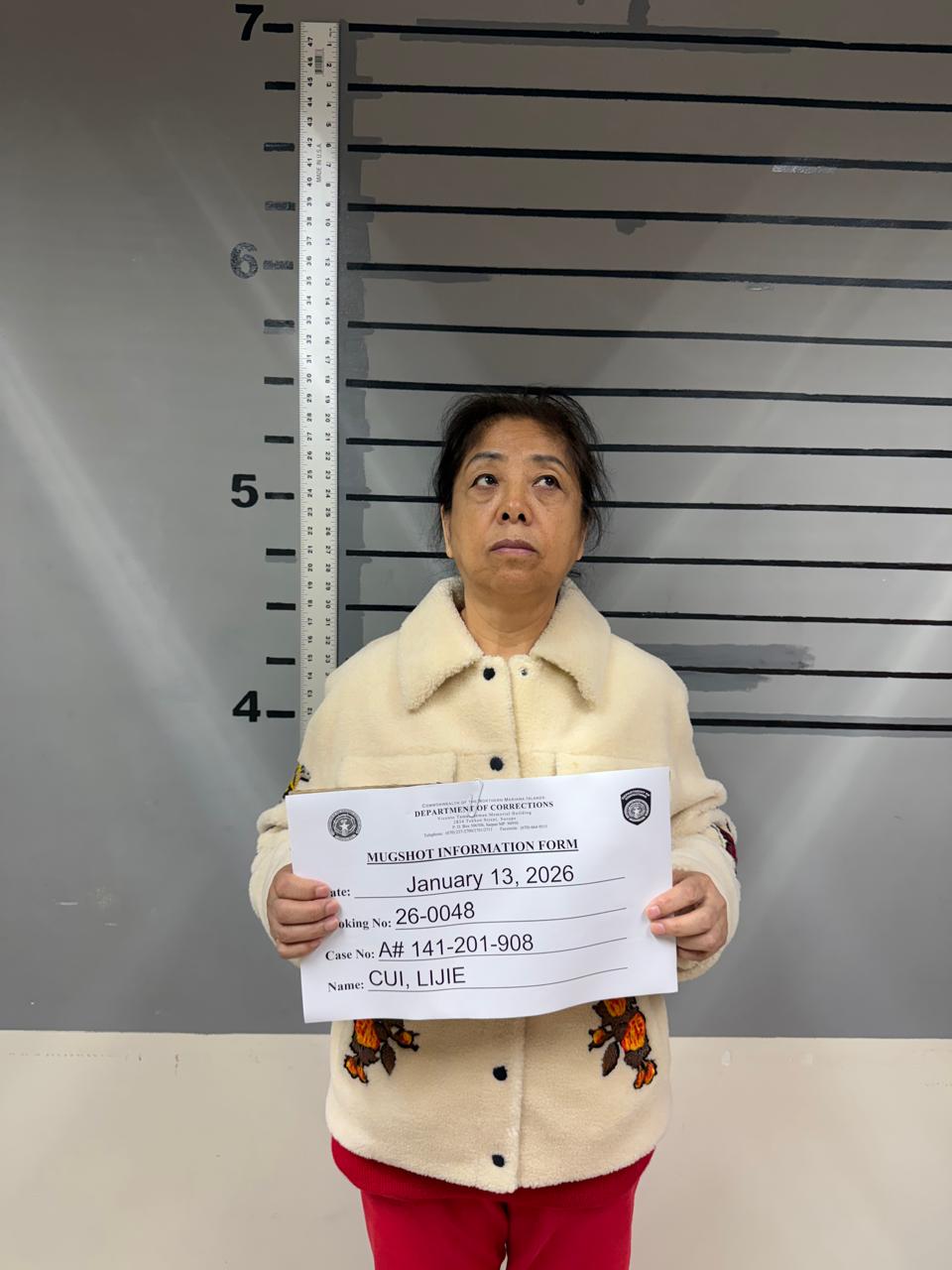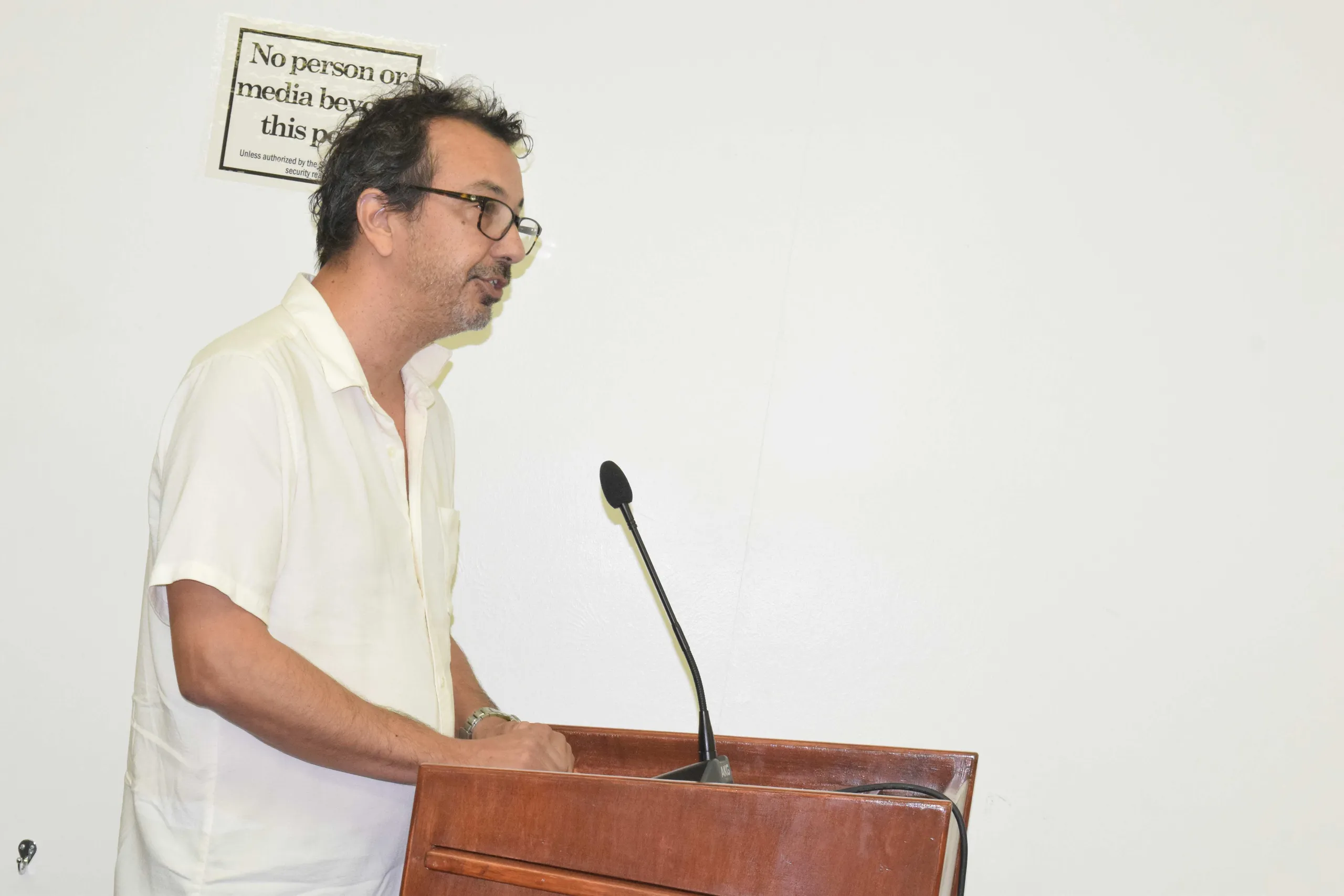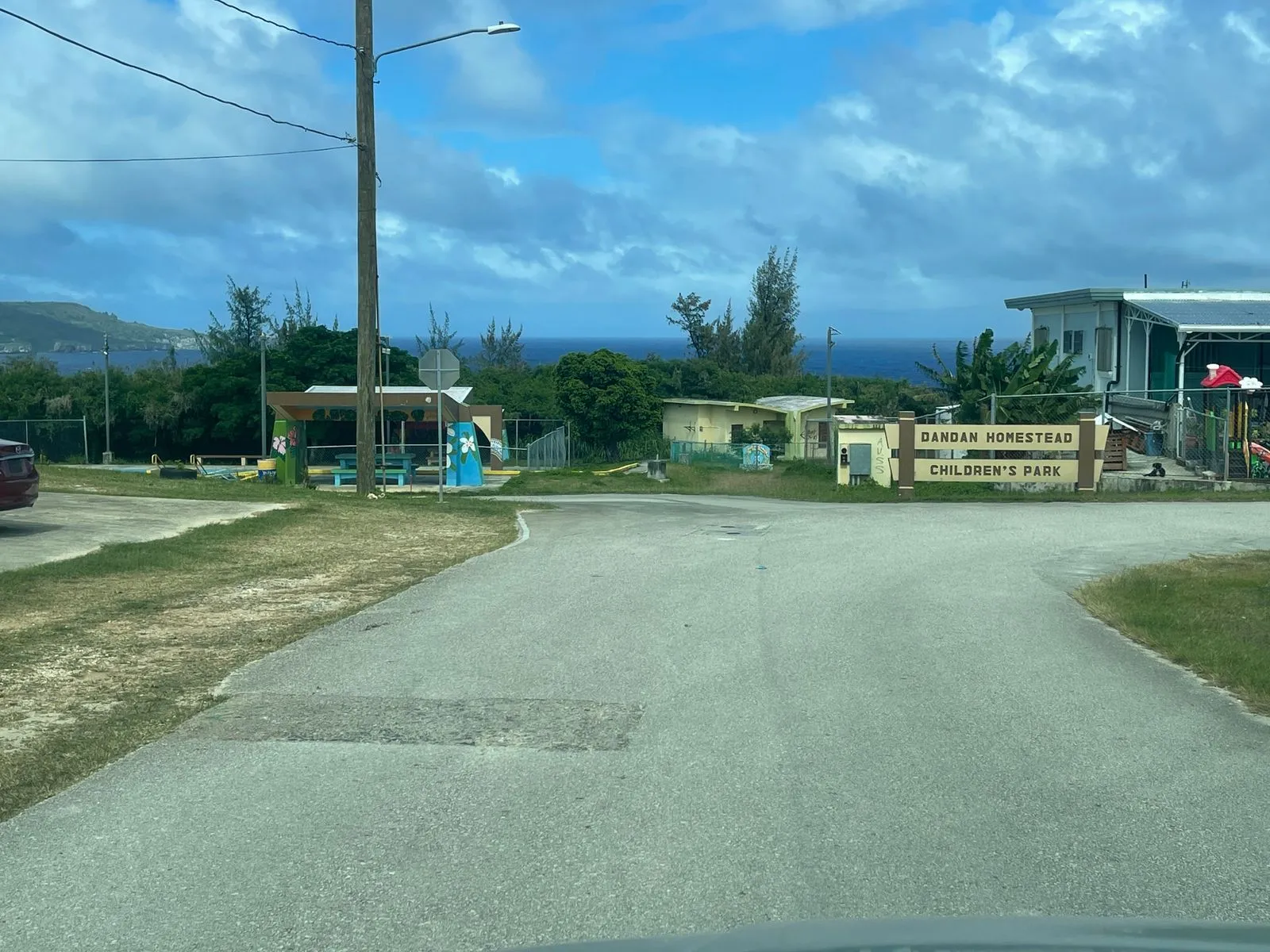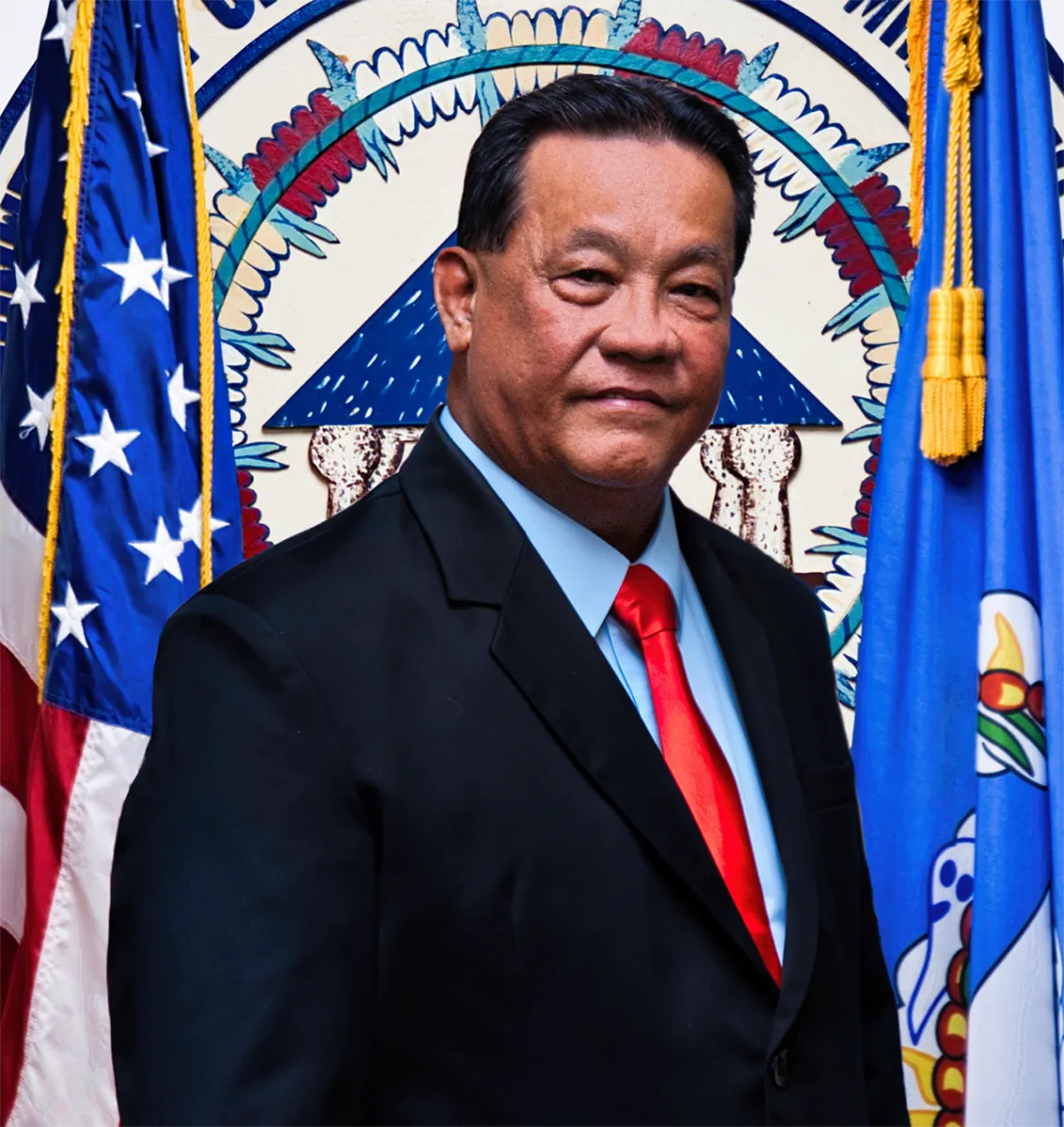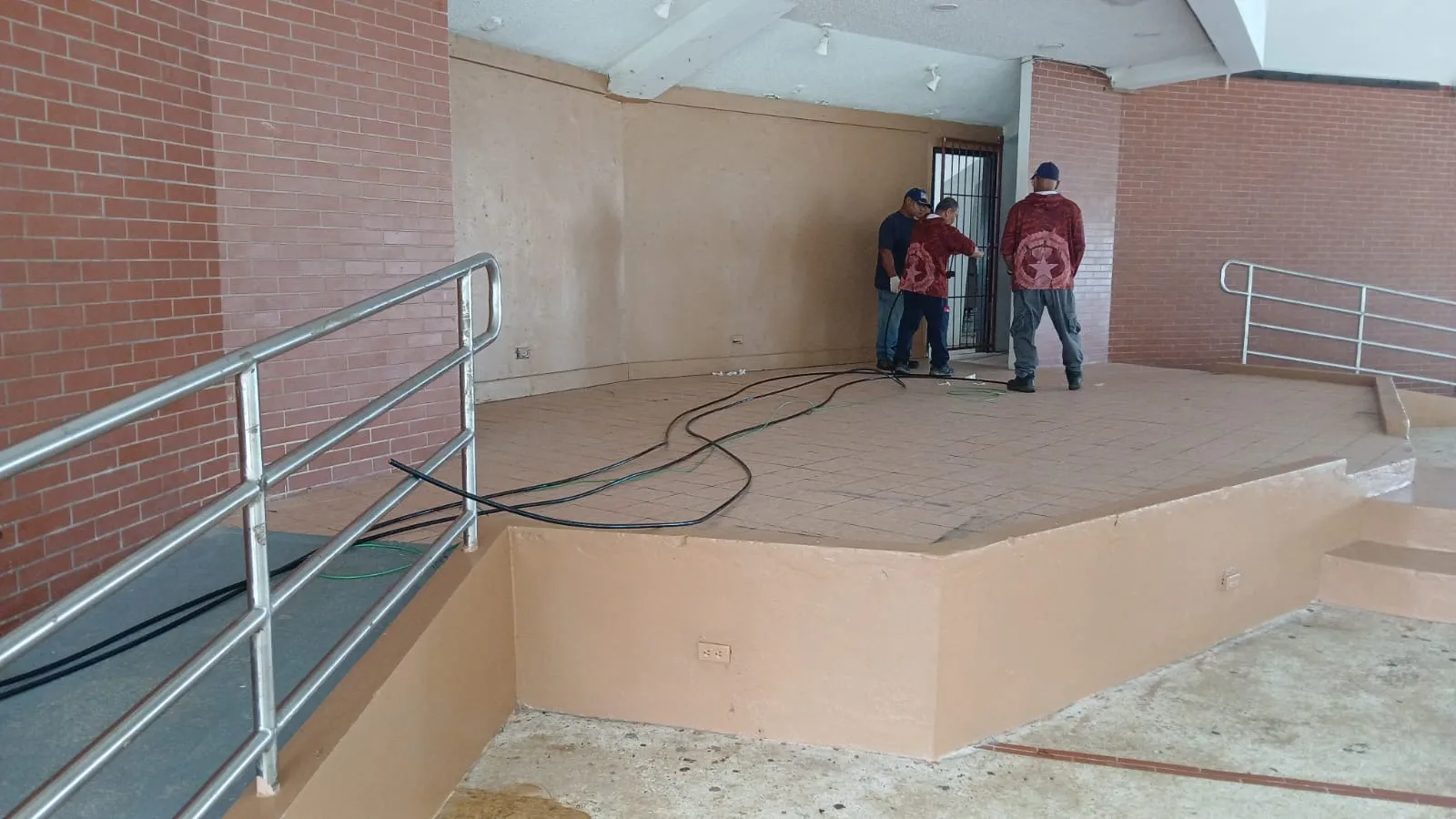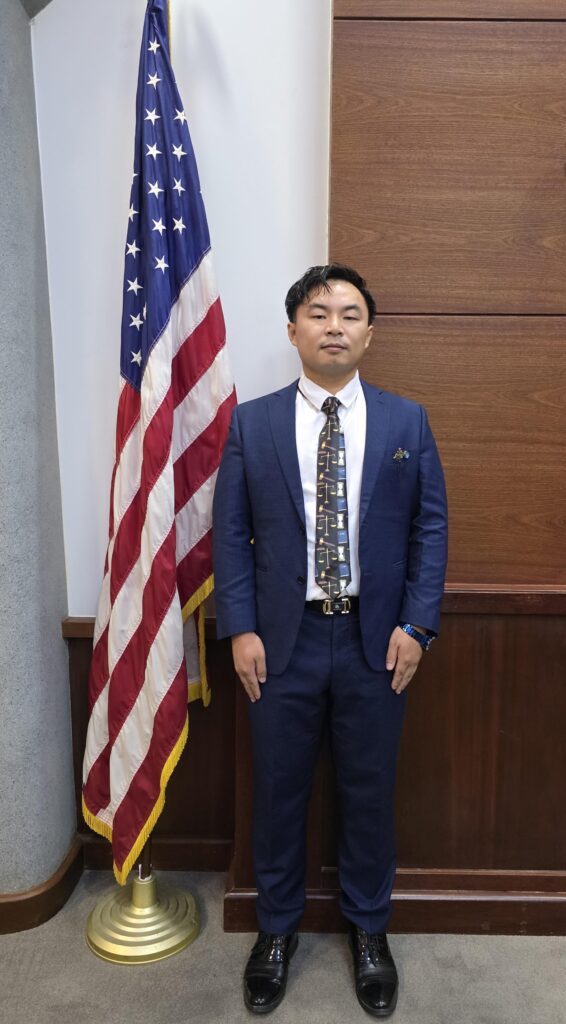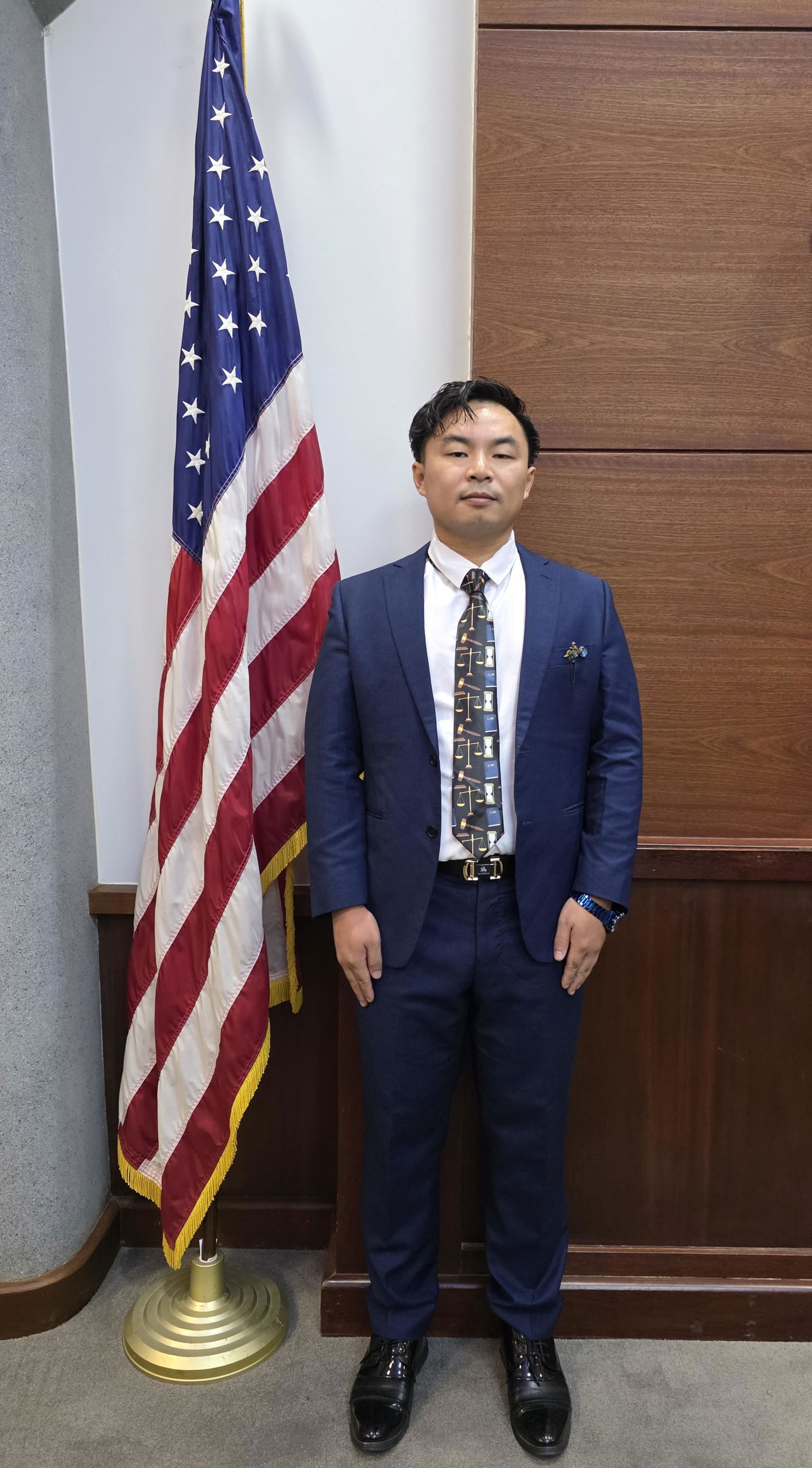
Brian Li
BRIAN Li, law clerk to Superior Court Judge Kenneth L. Govendo, has passed the CNMI Bar exam. He was the sole examinee in the February 2025 sitting.
A native of Bellevue, Washington, Li graduated from the University of Washington with a B.A. in Business Administration and received his law degree from Seattle University School of Law in May 2024.
“After studying and working abroad, where I improved my Chinese proficiency and gained a deep understanding of the economies of several Asia-Pacific nations, I returned home right when Covid hit,” he said. “Near the end of the pandemic, I was accepted into Seattle University School of Law.”
“As a Chinese-American with parents who are originally from Hong Kong, I am very interested in and invested in working as an attorney in the Asia-Pacific region,” Li said. “Even more so than Hawaii or even Guam, the CNMI, a former Japanese colony, is culturally and geographically the closest U.S. jurisdiction to Asia. Before returning to the U.S. for law school, I had worked abroad, employed in journalism and market research, which required the troublesome process of applying for work visas. However, as a U.S. citizen, I can stay and work in the CNMI as long as I desire,” Li said.
He began his clerkship with the CNMI Judiciary in 2024.
Mentors
According to Li, “The most experienced judge in the CNMI, Judge Govendo, has had fascinating cases that have kept me engaged throughout my clerkship. Judge Govendo has taught me how the law is applied in practice, which oftentimes isn’t as simple as a plain reading of the statute. Judge Govendo imparted to me the extraordinary power of attorneys and their subsequent responsibility to society.”
Li likewise thanked Judge Joseph N. Camacho for his mentorship.
“Judge Camacho, who is of NMI descent, has taught me about local culture, especially how local customs and traditions are deferred to and will affect CNMI law. Both judges supported my decision to take the bar and went out of their way to accommodate my schedule and advise me on preparing,” he said.
“Both [judges] have taught me extensively about local law and [the] differences in the Commonwealth legal field compared to the mainland. In different ways, both judges have provided professional support and development to an aspiring attorney who wants to practice in the CNMI,” Li added.
He also thanked Daniel Johnson for his guidance.
“Although we only overlapped for a month before he joined the CNMI Office of the Attorney General-Criminal Division, my predecessor, Daniel Johnson, was the former law clerk to Judge Govendo, who taught me about my new role and helped me get oriented to the court. Even after we were no longer coworkers, Dan continued to advise me on bar preparation and study tips when possible. Even though I don’t interact with him much anymore due to conflicts of interest in his current role, Dan has continued to guide me, being an ethical compass with his careful actions both in and outside the courtroom. Dan was the one who taught me how a newly admitted CNMI attorney should behave and conduct himself,” Li said.
More complex
According to Li, the CNMI Bar exam was much more complex than the one in his home state of Washington.
“It is longer, with a local content portion taken together with the standard UBE [Uniform Bar Examination] portions…. The [Washington State] Bar exam allows applicants to take or retake the local content portion several times until they pass. For the CNMI Bar exam, I found the local content portion the most challenging, as there were no commercial bar prep tools [to use] to prepare for the UBE sections that covered CNMI law,” he said.
“For some candidates,” Li added, “the most challenging portion of the CNMI Bar will be the fact that it is written by hand, with poor handwriting negatively affecting answer submissions due to illegibility. In comparison, [Washington] and many other mainland bar exams allow the option for the answers to be typed and submitted via an examination software.”
Li told Variety that he is looking forward to practicing law in the CNMI.
“I hope to provide legal services to help the community in any role where I can be of support. While I haven’t committed to a job yet, I am open to offers and will search for the best law firm or government agency,” he said.
“Eventually, I hope to join the [Judge Advocate General’s] Corps and become a military lawyer. The U.S. Navy JAG Corps is my first choice due to my desire to be deployed to Japan or elsewhere in East Asia …. My goal is to serve the community as best as possible, and I will do so in whatever attorney role best suits me,” Li added.
“I have lived and worked in several places. However, the CNMI has had the friendliest and most welcoming locals. While it is hard for new attorneys to pick and choose clients, I can select the community where I live. I have chosen the CNMI as my home. I desire to join the local community and go to events for local friends like weddings, baptisms, birthdays, etc. I enjoy eating food and partaking in local celebrations to understand better and connect with the clientele I will advocate for as an attorney. The locals have high expectations for their lawyers, and I will not disappoint them. I will be proud to be your advocate regardless of my future role as an attorney.”


